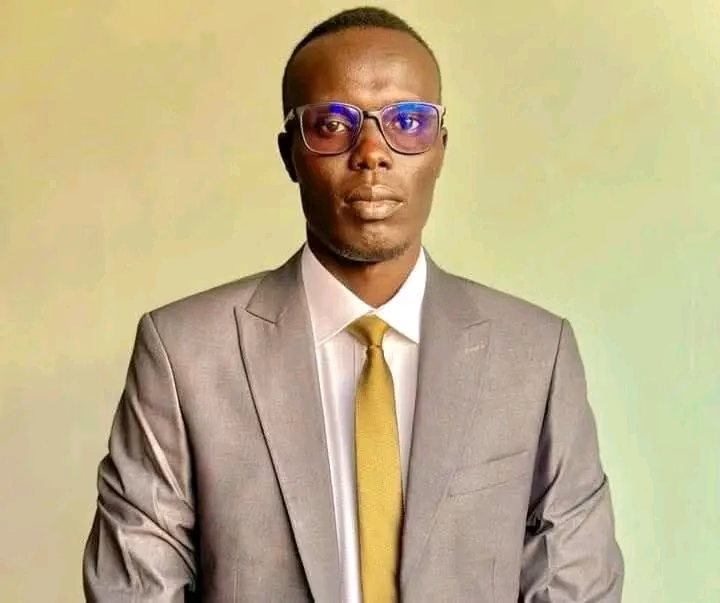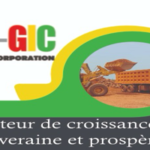
By Garang Abraham Malak
Soon, another mother will weep, another home will mourn, and another young man will be buried before his dreams ever stood a chance. Must we really wait for that day to act?
The rift between Duk and Twic East in Jonglei State is no longer just a matter of borders or disputed fishing ground, it is a deep and bleeding wound, tearing through families, shaking communities, and slowly erasing generations of shared history.
Since 2023, a silent conflict has been building between the people of Twic East and Duk. What started as disagreements over land and fishing areas have now become deadly. More than 50 young lives have been lost on both side — citizens who once stood as builders of tomorrow, now buried before their time.
I write this not just as a journalist or researcher, but as a son of Twic East. My stepmother hails from Duk. My birth mother is from Ayual, one of the clans now deeply entangled in this conflict. I have lost an uncle, Deng Dau – a renowned wrestler commonly known as Deng-Moradong whose name once united crowds, now remembered as another soul claimed by intercommunal violence.
This is not just a border dispute. This is a human tragedy. The people of Duk and Twic East have lived together for generations. They have intermarried, shared trade, raised children, and supported each other through wars and peace. These aren’t just neighbors, these are families.
Yet today, fear walks between them. My uncle from Duk days ago recently avoided road travel to Juba, worried he might be targeted while crossing Twic East. His story isn’t unique. Many are changing routes, cancelling plans, or living in silence because of who they are or where they come from.
The wounds are deep. The anger is real. But the cost is becoming unbearable. Conflicts like these are not new. The Ayual–Dachuek conflict in Twic East County lasted for more than 10 years and took over 200 lives. It started with small grievances. It ended in blood. If we do not act now, we risk walking that road again.
Some arrests have been made. Others are reportedly still on the run. The Gadiang area and other fishing island remain contested. Meanwhile, the State and national government watches but many suspect its silence is not ignorance, but strategy. The belief that the regime thrives on division is growing, and with it, trust in official intervention continues to erode.
But we cannot wait for others to fix what is ours to repair. What can be done? These are not perfect solutions. They will take time, effort, and in some cases, money. But they are a start. And with the right commitment, they can help bring our people back from the edge.
1. Stop Misinformation on Social Media: Many who shout the loudest online know the least on the ground. Dis/mis-information is pushing communities further apart. Let’s encourage verified, factual communication and challenge fake news wherever it appears.
2. End the Hate Speech: Words can heal, but they can also kill. Leaders and influencers, whether at public events or online, must stop the threats and propaganda. Recent statements from individuals like Simon Akuei and TEYA chairman Deng Junior have only provoked violence. We need voices of reason, not fire.
2. Bring the Elders and Church Leaders Together: Respected figures like Philip Thon Leek, Malual Majok, Bair Mading, Philip Aguer, and others must sit down privately and urgently with religious leaders from both sides. Let them speak freely and let them listen. Before peace can be public, it must be personal.
3. Engage Chiefs and Ground-Level Leaders: After the elders meet, the next step is involving paramount/area chiefs and local authorities. They are closest to the people. They can speak in local languages, understand the nuances, and lead reconciliation from the ground up.
5. Involve Neutral Mediators: Groups like the South Sudan Council of Churches, CEPO, Peace Canal, and UNMISS Civil Affairs have done this work before. Their neutrality, experience, and resources can help guide the process. We must invite them not when it’s too late, but now.
6. Include Women and Youth: Those who suffer most are often left out. Youth are dying. Women are burying them. Yet they are rarely consulted. Let us create safe, open forums where they too can speak, contribute, and lead. No peace will last without them.
7. Recognize Shared Loss and Offer Compensation: Both sides have buried loved ones. Traditions of blood compensation and public acknowledgment of shared pain can help begin healing. Let us mourn together — not apart.
8. Separate the Land Dispute from the Human Conflict: Land can be measured. Lives cannot. Allow surveyors, historians, and legal experts to handle border issues. Let communities work on peacebuilding, while experts settle boundaries through proper channels. Don’t let land ownership become a reason to keep killing.
A Final Appeal: To the people of Duk and Twic East, you are not enemies. You are relatives, friends, and partners in a shared future. If we continue this path, we will lose not just lives, but identity, culture, and legacy. Let us not wait for another funeral to start a conversation. Let us not wait until only the elders remain and the youth are gone. We still have time.
This opinion article is written with neutrality, sincerity, and pain. I urge all who speak on this issue, especially on social media, to do so with care. A one-sided story today can lead to a hundred burials tomorrow. Let’s choose dialogue. Let us choose peace. Not just for now but for the generations to come.
Garang Abraham Malak is a South Sudanese journalist, communications specialist, and researcher. His work has appeared on Eye Radio, Radio Tamazuj, Nation Media Group, BBC, IJNet, and other platforms.








